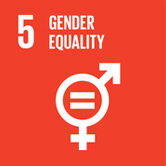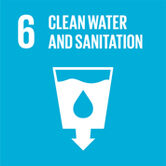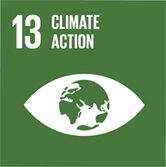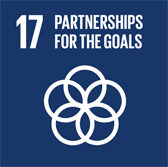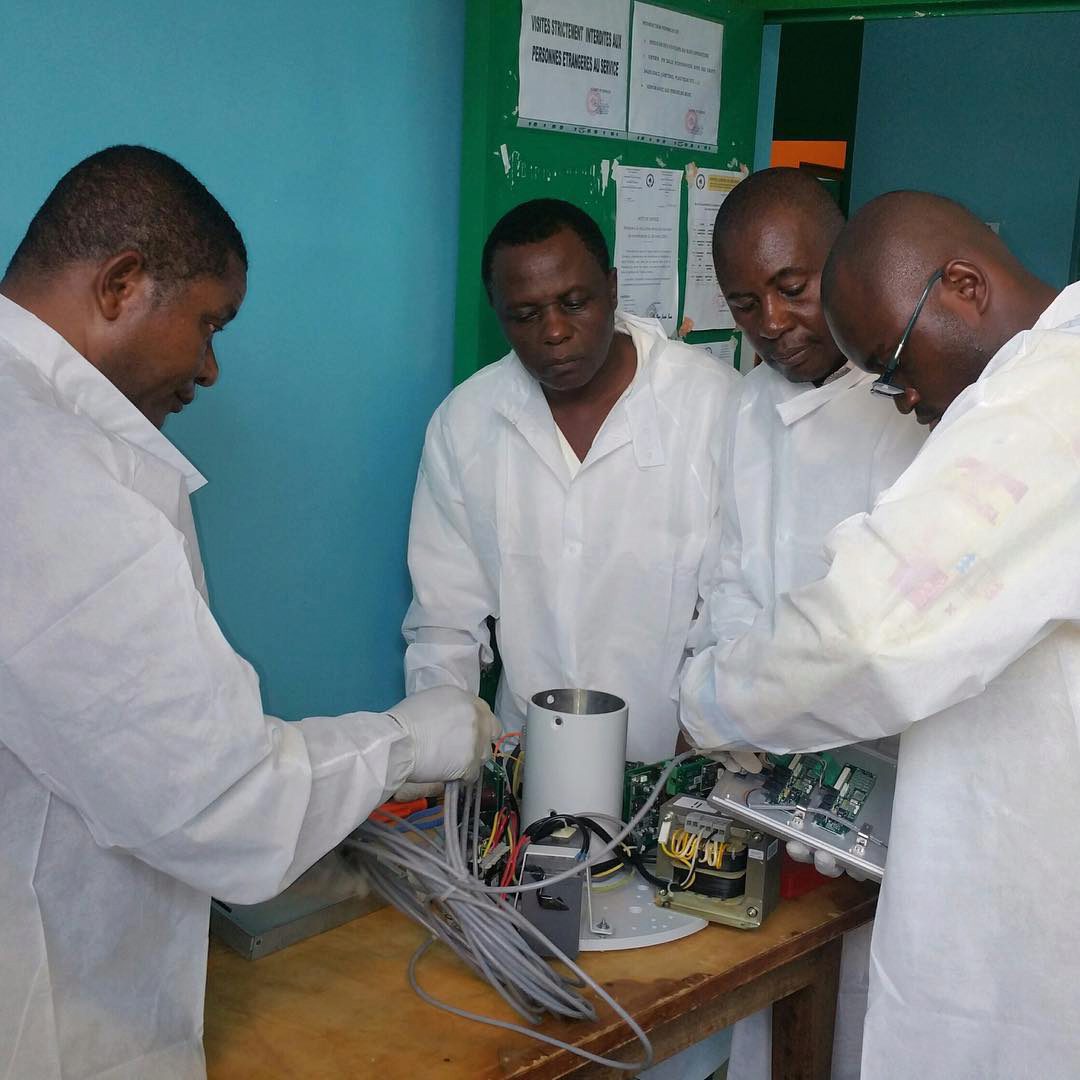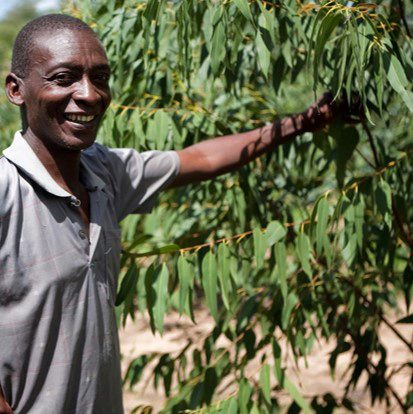
2012 Grand Prize Winner: iDE
iDE is an international nonprofit organization unleashing the power of innovation and market forces for poor rural households in the developing world, helping them access the tools and knowledge they need to increase their income. Since its founding in 1982, iDE has developed its market-based approach by designing affordable tools, improving market access, increasing agricultural production, and creating sustainable local businesses. iDE’s productive water solutions create and increase both food production and incomes. With innovative drinking water and sanitation technologies, iDE gives rural households the basis for healthier and more dignified livelihoods.
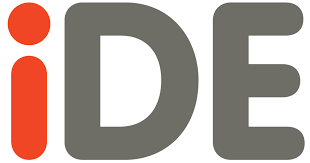
Primary Area of Impact: Agriculture, Sanitation, Clean Water
Geographic Areas (Continents): Asia, Central America, Africa
Geographic Areas (Countries): Bangladesh, Cambodia, Ethiopia, Ghana, Honduras, Mozambique, Nepal, Nicaragua, Vietnam, Zambia,
Organizational Type: Non-Profit
Year Founded: 1982
Mission: iDE creates income and livelihood opportunities for poor rural households.
Website: www.ideglobal.org
At iDE, there is a commitment to alleviate poverty by empowering the rural poor to access products and services through a functioning market ecosystem.
Social Challenge
According to the World Health Organization, over 1.7 billion people lack basic sanitation services, such as private toilets or latrines, and ~8% of the global population still defecate in the open. Access to improved sanitation facilities is critical and a fundamental human right. Lack of sanitation has significant health impacts on a family, especially on women and children, leading to a variety of illnesses. Additionally, poor sanitation is a financial drain on households and national economies and compromises gains made in education when children are unable to attend school. SDG target 6.2 is to eliminate open defecation by 2030. However, progress is slow in Sub-Saharan Africa and South Asia, where much of the population do not have access to improved sanitation. Many communities’ lack of safe and clean sanitation facilities is partly due to underinvestment in supply chains and markets that provide these services.
UN Sustainable Development Goals (SDGs)
Solving the ‘Last Mile’ Challenges of Social Enterprise
Read Knowledge @ Wharton Article about iDE HERE
Leadership
iDE is a leader in creating inclusive and resilient market ecosystems, particularly in the water, sanitation, and hygiene (WASH) sector. They are committed to alleviating poverty by empowering the rural poor to access products and services through a functioning market ecosystem that is inclusive of all people and resilient to shocks such as conflict or changing climates. iDE utilizes a human-centered design (HCD) approach where they listen to every stakeholder – producers, suppliers, retailers, and customers – to identify why a market might be inefficient, dysfunctional or broken. Consequently, they develop solutions that create robust ecosystems, connecting market participants on an even playing field.
For example, they revolutionized the sanitation market in Cambodia by designing and commercializing the Easy Latrine, an affordable and aspirational toilet, and unleashed the potential of local entrepreneurs to sell, manufacture, and install the product at a market price that allowed them to grow their businesses. Between 2011 and 2019, iDE facilitated the sale of 340,000 latrines in Cambodia, contributing to an increase in sanitation coverage in program provinces from 29% in 2012 to 73% in 2019.
Impact
iDE utilizes multiple project-level indicators, but the three global key performance indicators they look at to measure their impact are:
1) Scale: the number of households with which they work; in 2020, iDE’s programs helped 879,525 new individuals
2) Impact: the average annual net household increase in both income and savings achieved by households they work with; in 2020, the average annual net household increase in income or livelihood savings was $264
3) Social Return on Investment (SROI): the ratio of money spent by iDE relative to the aggregate increased income generated (or saved, for their WASH portfolio), by participating households; in 2020, iDE’s SROI was $13:1
Innovation
iDE’s HCD approach enables them to create products, services and processes that fill gaps in market systems in any location and help solve everyday problems for the people they work with. Relying on HCD principles, iDE examines the user experience in each context, looks at how a solution should be built and promoted, financed, delivered and serviced. These insights are then used to iteratively generate, prototype, and refine solutions with the final users themselves. The result is a market-ready product or service that is transformative, maintainable, and affordable to consumers, in addition to being technically feasible and economically viable for manufacturers and other stakeholders in the market system. By implementing the HCD approach, iDE is helping to ensure that there is room for innovation and adaptation.
Transferability
iDE shares their insights and experiences with three primary audiences: like-minded implementers in the sector, government, and civil society partners. They show up armed with informative and frank analysis to create transparent dialogue around what’s working or not, and how the sector can collectively deepen its impact. By engaging with these various stakeholders, iDE can influence policies around market-based solutions to social issues. Beyond engagements and collaborations at sector events, iDE partners with corporate and foundation supporters in their efforts to increase impact through their market-based approach.
Accomplishments
- iDE was ranked #30 on the Global Journal’s list of the Top 100 NGOs, 2013
- iDE won the World Toilet Organization (WTO) Hall of Fame Award in recognition of the Easy Latrine and the achievements of the Sanitation Marketing project
- The Easy Latrine received second prize at the FINISH International Sanitation Innovation Contest, 2011
- The Easy Latrine was named “Best in Show” at the International Design Excellence Award competition, 2010
- IDEA Gold Award, 2009




